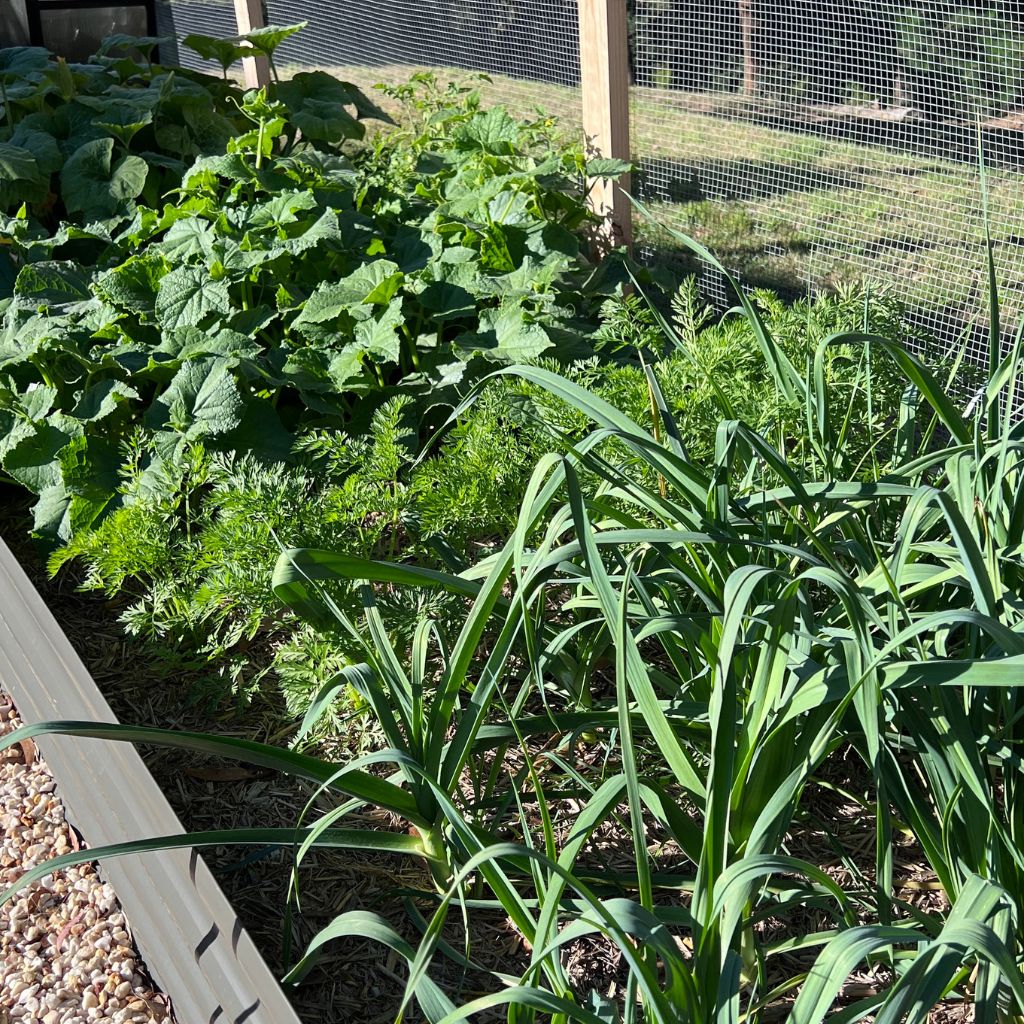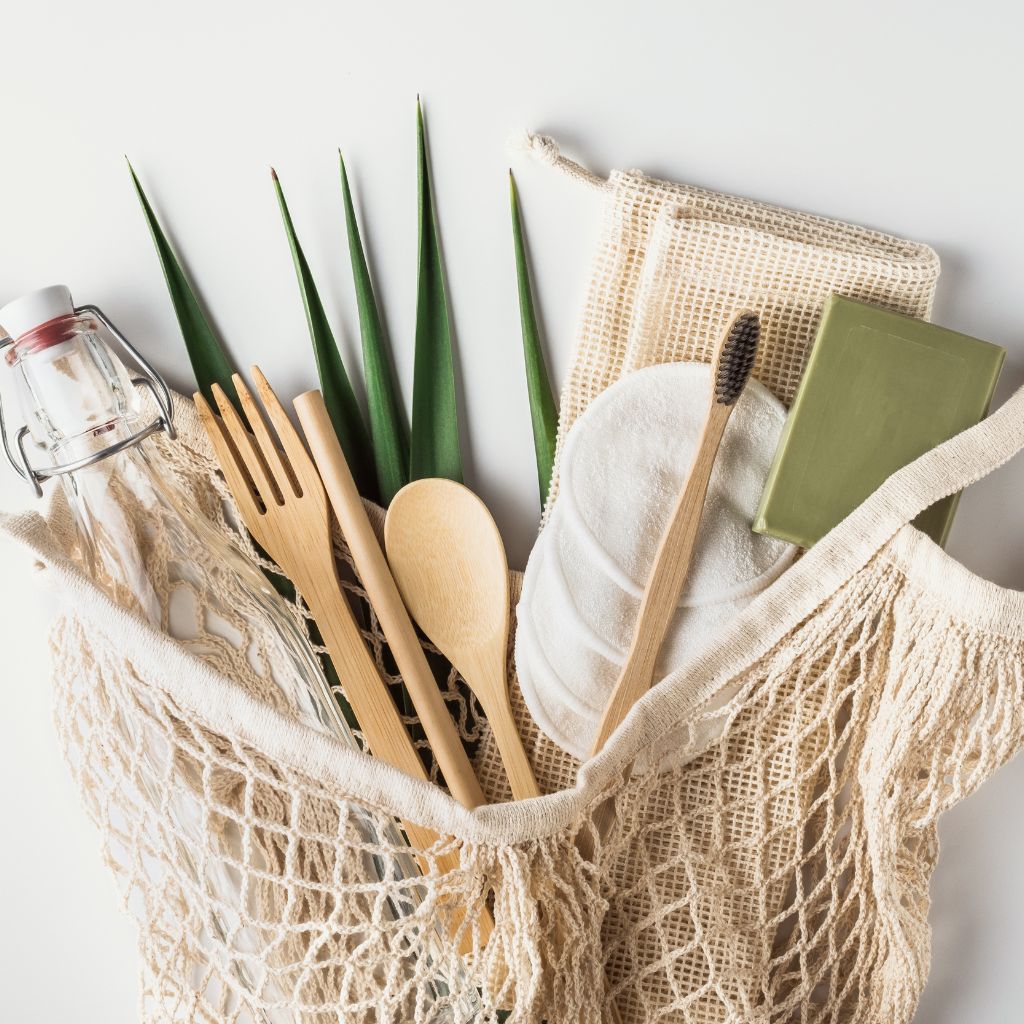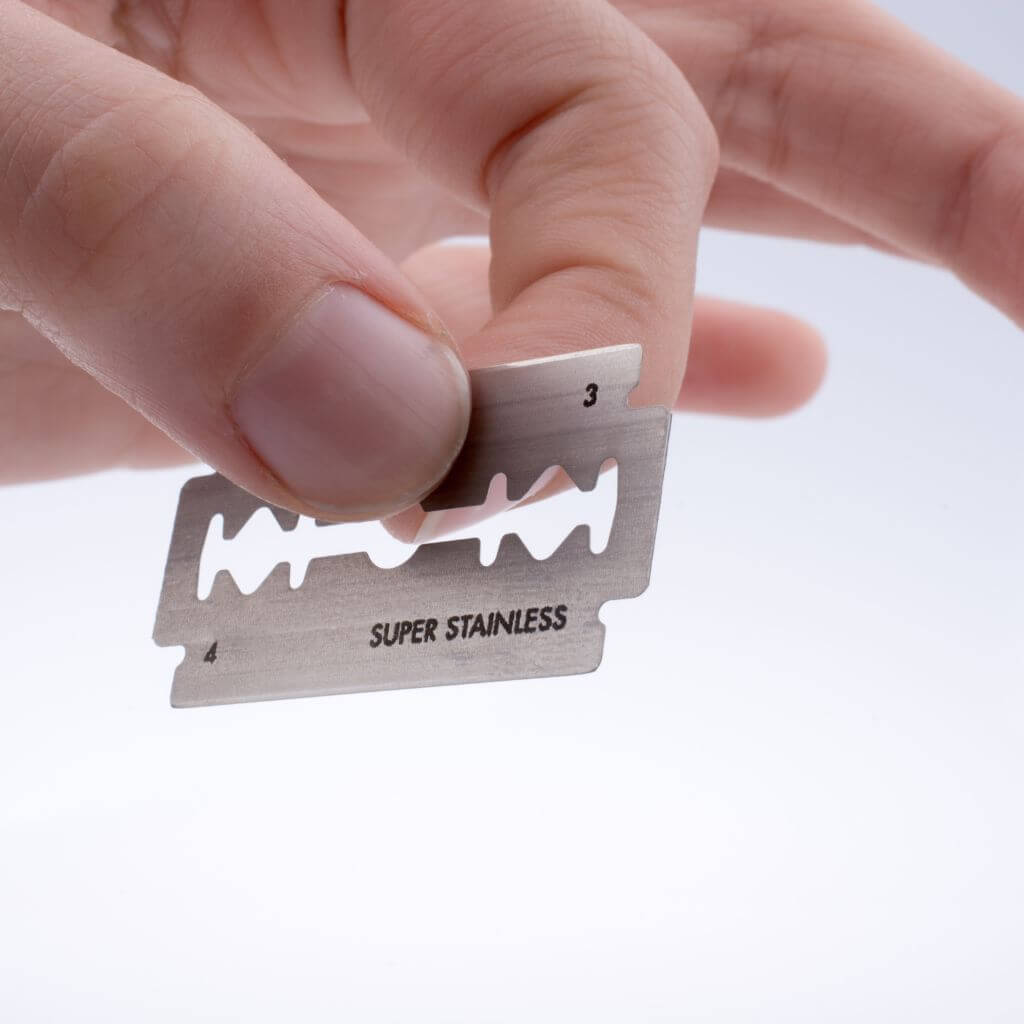
Water, our life-sustaining resource, is facing increasing challenges due to the growing global population and the looming threat of water scarcity. As responsible citizens, it is imperative that we take proactive steps to conserve water in our homes. By adopting mindful practices and making informed choices, we can make a significant impact on preserving this invaluable resource.
Conserving water isn't about sacrificing convenience or comfort; rather, it's about making small changes that collectively create a big difference. By diving into the depths of water conservation, we can unlock the power of change and pave the way for a more sustainable future.
Simple Strategies to Save Water at Home
A sustainable home involves various environmentally friendly practices, and one of the most important ones is saving water. Water conservation not only helps in reducing utility bills but also benefits the environment.
- One of the easiest ways to save water is by fixing leaks. Leaky taps and pipes waste a significant amount of water over time, which can add up to a considerable loss. It's important to fix any leaks as soon as they're noticed to prevent water loss. Regularly checking pipes for drips and moisture around them can help detect any hidden leaks. By fixing them early, you can save both water and money.
- Be Water-Wise in Daily Habits. Conserving water starts with small changes in our daily routines. Something as simple as turning off the tap while brushing our teeth or shaving can save gallons of water each day. If possible, try to collect the shower water as you wait for the hot to come through. A common method is to keep a simple bucket or basin in the shower and re-use the collected water in the garden. These mindful habits help us reduce water consumption without sacrificing convenience.
- Upgrade to Efficient Appliances and Fixtures. Another way to save water is by using efficient appliances and fixtures. Upgrading to water-saving devices like low-flow shower heads, aerators, and dual-flush toilets can significantly reduce water usage without compromising comfort. Modern dishwashers and washing machines also offer water-saving features that optimise water usage during cycles. While the upfront cost of these upgrades might seem daunting, it's worth considering the long-term benefits. These investments can lead to reduced water bills and contribute to conservation efforts over time. Finding the right balance between upfront expenses and long-term savings is key.
- Think Green Outdoors. Water conservation isn't limited to the indoors. Managing outdoor water usage, particularly for gardening and landscaping, is crucial. Installing efficient irrigation systems such as drip irrigation or smart sprinklers that adjust based on weather conditions can minimise water waste. Collecting rainwater in barrels or cisterns for outdoor use is an eco-friendly practice that reduces reliance on traditional water sources. However, finding a balance between maintaining a beautiful landscape and conserving water can be challenging. It requires thoughtful planning, selecting drought-tolerant plants, and implementing water-wise gardening techniques. It's about finding the sweet spot between aesthetics and water conservation.
- Embrace Reclaimed Water and Grey water Systems. Another opportunity for water conservation lies in using reclaimed water or grey water (wastewater from sinks, showers, and washing machines). Treating and reusing this water for non-potable purposes like toilet flushing or irrigation can significantly reduce freshwater consumption. Implementing such systems may come with upfront costs, infrastructure considerations, and health and safety concerns. Proper treatment and management are crucial to ensure the safety of using reclaimed water.
- Consider the Bigger Picture. When making decisions about water-saving, it's crucial to consider the broader impact. Water conservation goes beyond immediate resource preservation; it's about protecting ecosystems, supporting biodiversity, and ensuring a sustainable future for generations to come. By recognising the interconnectedness of water and our environment, we can make choices that have a positive and lasting impact.
The Impact of Small Changes Add Up
Reducing water wastage is a collective effort, and everyone plays an important role in conserving our planet's precious resources. The power of saving water at home is undeniable. Every drop that we save adds up to a larger impact on the environment. By making these small changes, we can help to secure the future of our natural resources and ensure that generations to come will have access to clean, safe drinking water.
Water conservation is not just a responsibility; it is a necessity. By implementing water-saving practices in our daily lives, we can contribute to the preservation of this precious resource. Through the adoption of efficient appliances, mindful habits, and outdoor water management strategies, we can strike a balance between our personal needs and the long-term well-being of our environment.
While there are trade-offs involved, such as upfront costs or adjustments to our routines, these sacrifices pale in comparison to the immense benefits that water conservation offers. We can save money on our water bills, protect ecosystems, ensure a stable water supply for future generations, and foster a sustainable and resilient planet.
Remember, every drop counts, and every action matters. By working collectively, we can create a wave of change and ensure a brighter future for ourselves and generations to come.







Comments
Thanks for sharing these helpful tips! Taking steps towards sustainability not only benefits the environment but also builds trust with customers. Great insights!